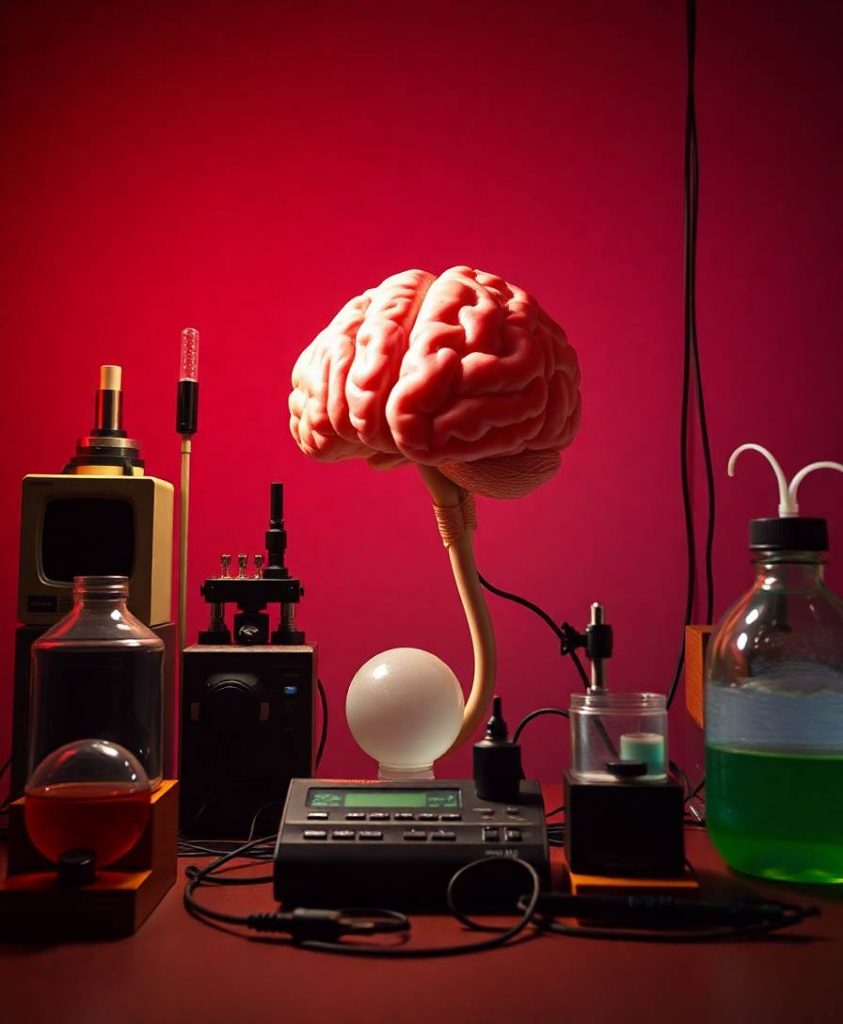While this technology is still in its early stages, it holds immense potential. Imagine a future where computers can adapt to our emotions and offer support when we’re feeling down or stressed. This could revolutionize therapy sessions and provide much-needed emotional support for individuals struggling with mental health conditions. The development of affective brain-computer interfaces also opens up possibilities in fields like gaming, where virtual reality experiences could become even more immersive by responding to our emotions in real-time.
To delve deeper into this fascinating field of research, check out the full article at the link provided.


